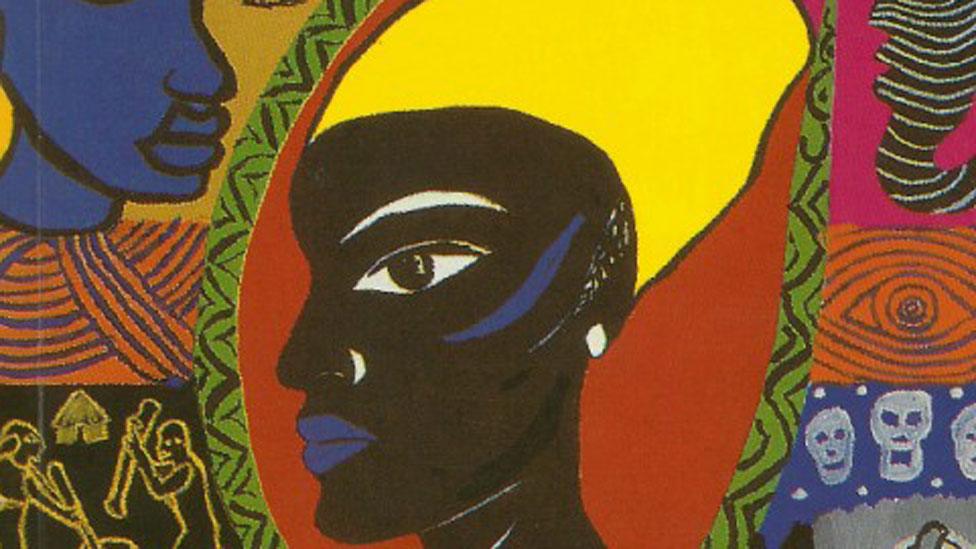Nigeria's Elechi Amadi, author of The Concubine, dies
- Published

The Concubine is read across Africa
Renowned Nigerian author Elechi Amadi has died of an undisclosed illness at the age of 82.
He was most famous for The Concubine, which pictured the culture of marriage and forbidden traditions and was originally published in 1966.
The Concubine has been a recommended text in schools across Africa.
His other books include Sunset in Biafra, Peppersoup, The Slave and The Road to Ibadan. He died in hospital in the oil city of Port Harcourt.
A physics and mathematics graduate of the University of Ibadan, he also joined the Nigerian army and continued serving in it during the civil war, despite coming from the Niger Delta, which was part of the breakaway state of Biafra.

Analysis: Isa Sanusi, BBC Africa, Abuja
Amadi hails from the first generation of Nigerian writers, in the league of the likes of Chinua Achebe, JP Clark, Cyprian Ekwensi and Christopher Okigbo.
Many of them attended the prestigious College Umuahia or the University of Ibadan, which shaped their literary prowess.
Many Nigerians grew up reading his first novel The Concubine, which focuses on love in a southern village, and how it came into conflict with traditional life. He will best be remembered for the way he portrayed life in rural Nigeria and for the convoluted plots and changing views in his novels.
Amadi was an officer in the Nigerian military at a turbulent time, the 1967-1970 civil war, when the military put down an attempt to create an independent state in the east.
It spawned Amadi's only non-fiction work, Sunset at Biafra, in 1973, detailing his experiences during the war.
Though many books have written on the conflict, his work stands out for accuracy, neutrality and conciseness.
In 2009, he was kidnapped by gunmen in his hometown in southern Nigeria. He was rescued 23 hours later.
- Published4 May 2016

- Published25 October 2015
